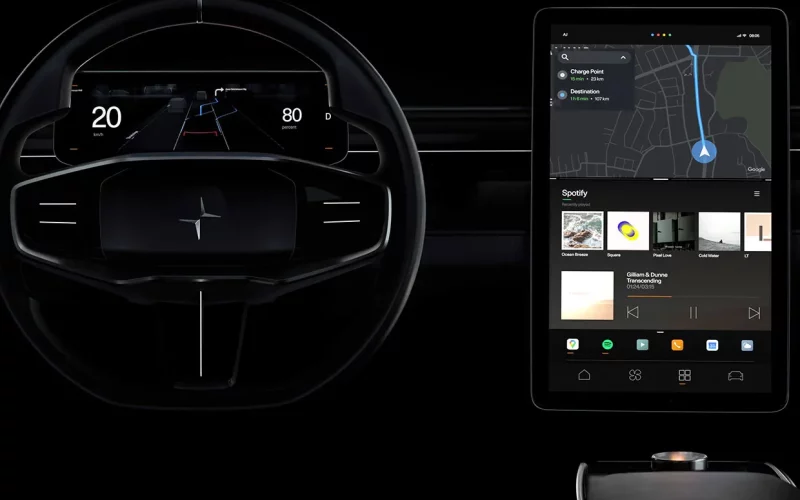The realm of electric vehicles (EVs) has undergone a remarkable evolution, transitioning from a niche concept to a pivotal force shaping the future of transportation. With technological innovations, shifting consumer preferences, and environmental imperatives, the EV industry is experiencing a surge in advancements, accompanied by distinct challenges and promising prospects.
Advancements in Electric Vehicles
Battery Technology
One of the most significant advancements driving the EV revolution is battery technology. Improvements in energy density, charging speed, and cost reduction have been paramount. Lithium-ion batteries dominate the market, yet research into solid-state batteries, promising enhanced safety and longer range, stands as a beacon for the industry.
Range and Performance
The persistent challenge of limited range is gradually diminishing. High-end EVs now boast ranges of 300+ miles on a single charge, alleviating range anxiety and bolstering consumer confidence. Additionally, performance enhancements rivaling traditional combustion engines, such as quicker acceleration and smoother handling, are reshaping perceptions of EVs.
Charging Infrastructure
The expansion of charging infrastructure is pivotal for mass EV adoption. Governments, corporations, and startups are investing heavily in building a robust network of charging stations, including high-speed fast-charging stations, making long-distance travel feasible and convenient for EV owners.
Vehicle Diversity
The EV landscape is diversifying beyond passenger cars. Electric buses, trucks, and even planes are emerging, showcasing the versatility and potential for electrification across various modes of transportation. This shift is crucial in addressing not just personal mobility but also commercial and public transport needs.

Challenges Faced by Electric Vehicles
Infrastructure and Range Anxiety
Despite progress, charging infrastructure remains a hurdle. Uneven distribution, compatibility issues, and long charging times persist, leading to range anxiety among potential buyers. Addressing this challenge requires concerted efforts from governments, private entities, and innovative startups to create a seamless charging network.
Cost and Affordability
The initial cost of EVs, primarily driven by battery expenses, remains higher than traditional vehicles. Although total ownership costs are lower over time due to reduced maintenance and fuel expenses, upfront costs hinder widespread adoption, particularly in less affluent communities.
Supply Chain Bottlenecks
Global supply chain disruptions have affected the EV industry, causing shortages of crucial components like semiconductors and rare-earth metals. These disruptions hinder production, leading to delays and increased costs, impeding the scalability of EV manufacturing.
Environmental Impact of Battery Production
While EVs are lauded for their green credentials during operation, concerns arise about the environmental impact of battery production. Mining processes for raw materials, especially lithium and cobalt, raise ethical and ecological concerns, necessitating sustainable and ethical sourcing practices.
Future Prospects and Opportunities
Technological Advancements
Continued research and development in battery technology promise breakthroughs in energy density, charging speed, and recyclability. Innovations like solid-state batteries, graphene-based batteries, and improved energy management systems hold immense potential to revolutionize EV performance and sustainability.
Policy Support and Incentives
Government initiatives, such as subsidies, tax incentives, and stricter emission regulations, play a pivotal role in shaping the EV landscape. Increased funding for R&D, infrastructure development, and incentives for manufacturers and consumers can accelerate the transition to sustainable mobility.













